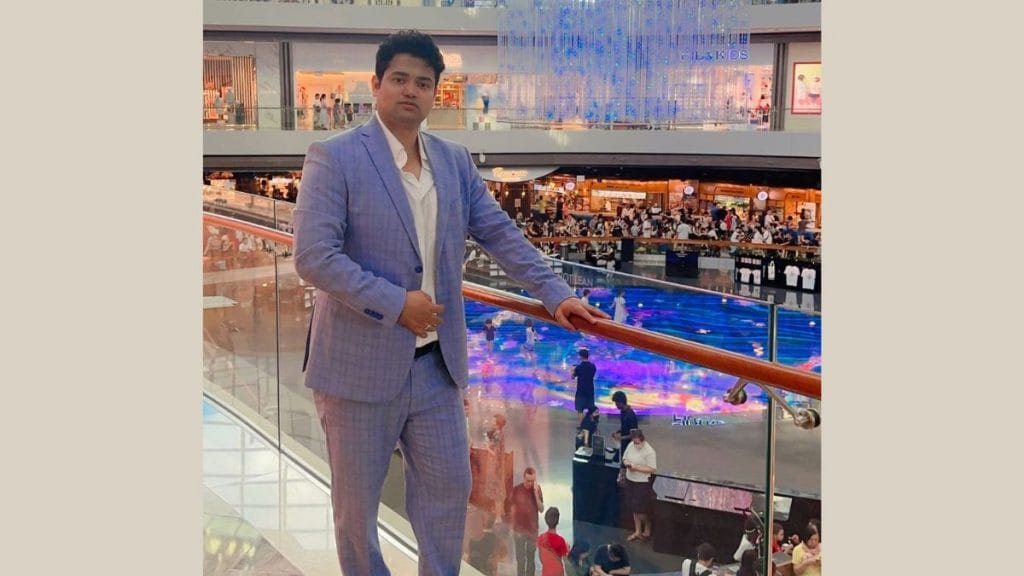The Supreme Court of India has once again reiterated its commitment to upholding the fundamental rights of individuals with its recent judgment on bail in criminal matters. This ruling is especially significant in light of the frequent denials of bail by lower courts, which often result in prolonged and unnecessary incarceration of accused individuals. The judgment serves as a beacon of hope for those who have suffered undue hardship while awaiting trial, emphasizing that the right to personal liberty cannot be overlooked.
The Problem of Prolonged Incarceration
India’s criminal justice system has long grappled with the issue of extended pre-trial detention, where accused persons, presumed innocent until proven guilty, are often subjected to long periods of incarceration due to the denial of bail. Lower courts, burdened with a backlog of cases and sometimes influenced by extraneous factors, have frequently denied bail even in cases where the accused poses no flight risk or threat to society. This has led to countless individuals languishing in prison for years, enduring severe hardships, all while their trials inch forward at a glacial pace.
Supreme Court’s Stand on the Issue
In its recent ruling, the Supreme Court addressed this troubling trend, reaffirming that the denial of bail should not become a tool for inflicting punishment on those who have not yet been found guilty. The Court underscored that the fundamental right to personal liberty, enshrined in Article 21 of the Constitution, must be zealously protected and that bail should be the rule, not the exception.
Key Aspects of the Judgment
1. Critique of Lower Courts’ Practices:
The Supreme Court expressed concern over the approach of some lower courts, which have routinely denied bail without adequately considering the individual circumstances of each case. The judgment pointed out that such practices not only violate the principles of natural justice but also contribute to the overcrowding of jails with undertrial prisoners, who may ultimately be acquitted.
2. Reaffirmation of Bail Principles:
The judgment reinforced the established principles that should guide the grant of bail. The Court emphasized that bail should be granted unless there is a clear and compelling reason to believe that the accused will flee, tamper with evidence, or pose a danger to society. The Court also highlighted that the mere seriousness of the charge should not automatically result in the denial of bail.
3. Need for Detailed Reasoning:
One of the most significant aspects of the judgment is the Supreme Court’s directive that lower courts must provide detailed and reasoned orders when denying bail. The Court stressed that these orders should clearly articulate the rationale for denying bail, ensuring that such decisions are subject to scrutiny and appeal.
4. Impact of Prolonged Detention on the Accused:
The Supreme Court acknowledged the severe impact that prolonged detention can have on the accused, particularly when they are ultimately found innocent. The judgment highlighted that such individuals not only suffer the stigma of incarceration but also endure emotional, financial, and social hardships that can irreparably damage their lives.
Implications of the Judgment
This judgment marks a significant step towards addressing the systemic issues that have plagued India’s bail jurisprudence. By reiterating that bail should be the norm and detention the exception, the Supreme Court has sent a clear message to lower courts that the rights of the accused must be carefully balanced against the interests of justice.
For those who have been wrongfully denied bail, this judgment offers a renewed sense of hope. It signals that the highest court in the land is keenly aware of the injustices that can arise from the misuse of bail provisions and is committed to ensuring that such injustices are corrected.
Conclusion
The Supreme Court’s recent judgment on bail in criminal matters is a powerful reminder of the importance of safeguarding individual liberties within the criminal justice system. As an advocate practising in the Delhi High Court and the Supreme Court of India, I believe this ruling will have far-reaching implications for the way bail is approached in our courts. It is a call to all judicial officers to exercise their discretion with utmost care, ensuring that justice is not only done but also seen to be done.





